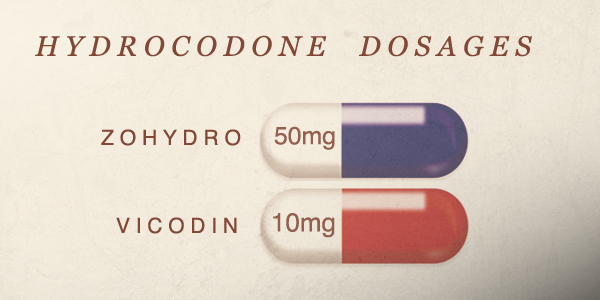5 Amazing Benefits of 12 Step in Alcohol Addiction Treatment
Overcoming an addiction to alcohol or drugs takes time, commitment, and access to professional support services such as crisis intervention, detoxification, rehabilitation, and relapse prevention help aid in the alcohol addiction treatment process. A number of individual recovery programs are initiated throughout this process, many of which are based on traditional 12 step treatment systems. 12 step programs can be integrated into existing rehabilitation systems and are also available on an independent basis.
Benefits of 12 Step in Alcohol Addiction Treatment
The 12 step treatment process was originally developed in the 1930s as a way to treat alcoholism, with this system having expanded over the years to provide support for a number of other substance use disorders. Common 12 step groups include Alcoholics Anonymous, Narcotics Anonymous, Cocaine Anonymous, Pills Anonymous, Crystal Meth Anonymous and many others. Behavioral problems such as sex addiction and food addiction can also be treated through the 12 step process, both during residential drug rehab and on an aftercare basis. Let’s take a look at five amazing benefits of working with the 12 step treatment system.

Admitting to Your Substance Addiction Problem
During the first stage of the 12 step process, participants have to admit a lack of control over their addiction to alcohol or drugs. This is important because it prevents people from living in denial and helps them to move on with their alcohol addiction treatment. Conventional 12 step programs adhere to the disease model of addiction, with participants needing to admit a lack of power over their addiction before they can engage with the rest of the process.
Seeing the Bigger Picture
During the second step of the 12 step process, participants need to recognize the existence of a higher power to help restore sanity to their lives. While traditional 12 step programs are based on Christian principles, modern interpretations often replace God with natural, philosophical, or alternative spiritual ideas. Those who are recovering from alcoholism are much less likely to engage in impulsive and compulsive behavior patterns if they can see the bigger picture and put their own life in perspective.

Owning Up to Your Mistakes
If one is recovering from drug abuse or alcohol abuse, they can only truly recover after they’ve owned up to their mistakes. Recognizing and making amends for past actions is an important part of the 12 step process. Examining past errors is often carried out with the help of a sponsor, with program participants needing to admit their wrongs to themselves, another person, and a higher power before they can move on with their lives and their recovery.
Becoming Part of a Community
12 step programs are typically carried out in a group setting where people can receive addiction support from their peers. While access to professional therapists is crucial during alcoholism detox and rehab, recovering addicts can also learn from others who are in a similar situation. During the later stages of the 12 step process, participants are expected to sponsor people in the early stages of recovery.
Receiving Ongoing Addiction Support
Overcoming a drug or alcohol addiction is a multi-stage process that needs to be carried out over an extended time period. While detox helps people to stop using drugs and rehab addresses the psychological undercurrents of addiction, 12 step programs, and other aftercare regimes, are also needed to support growth and long-term recovery. 12 step programs can help with every element of the recovery process, with practical, emotional, cognitive, and spiritual support provided in the months and years that follow formal drug and alcohol treatments.



 Call
Call Text
Text